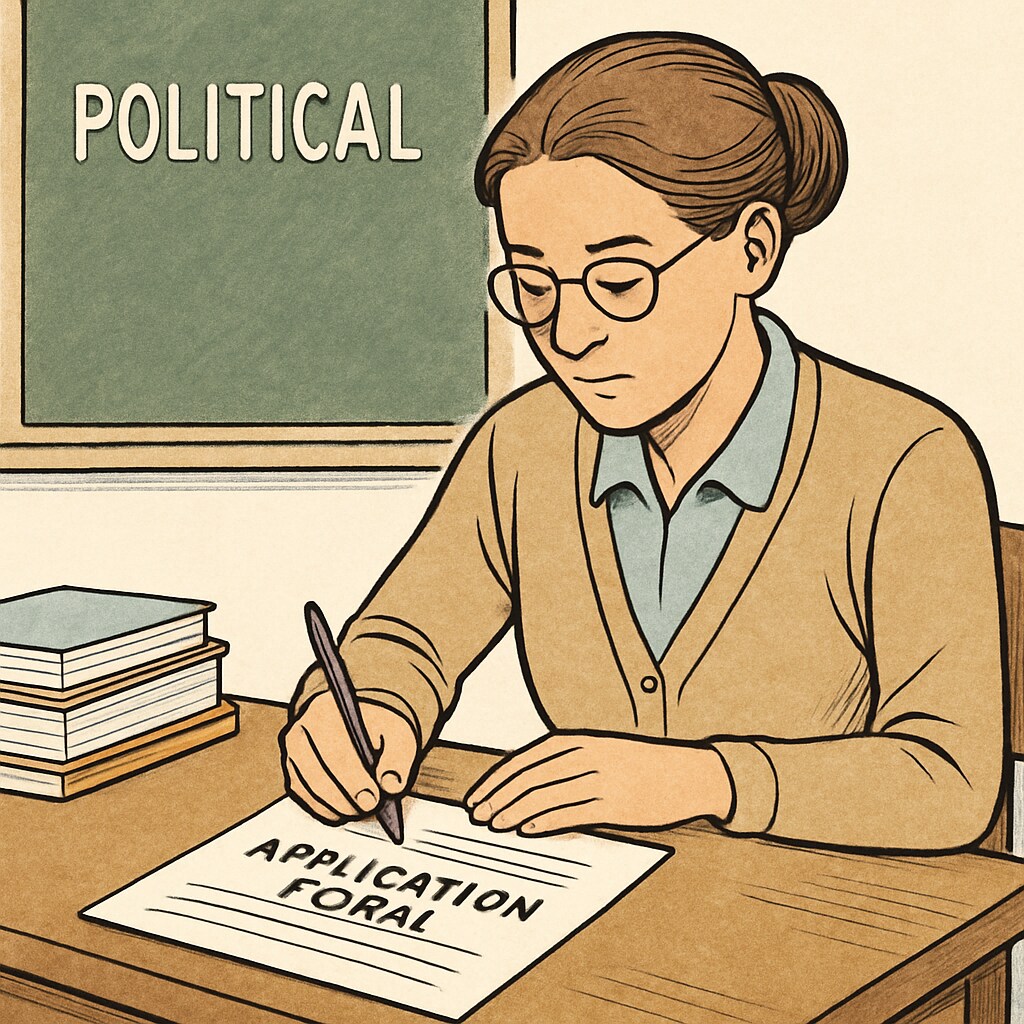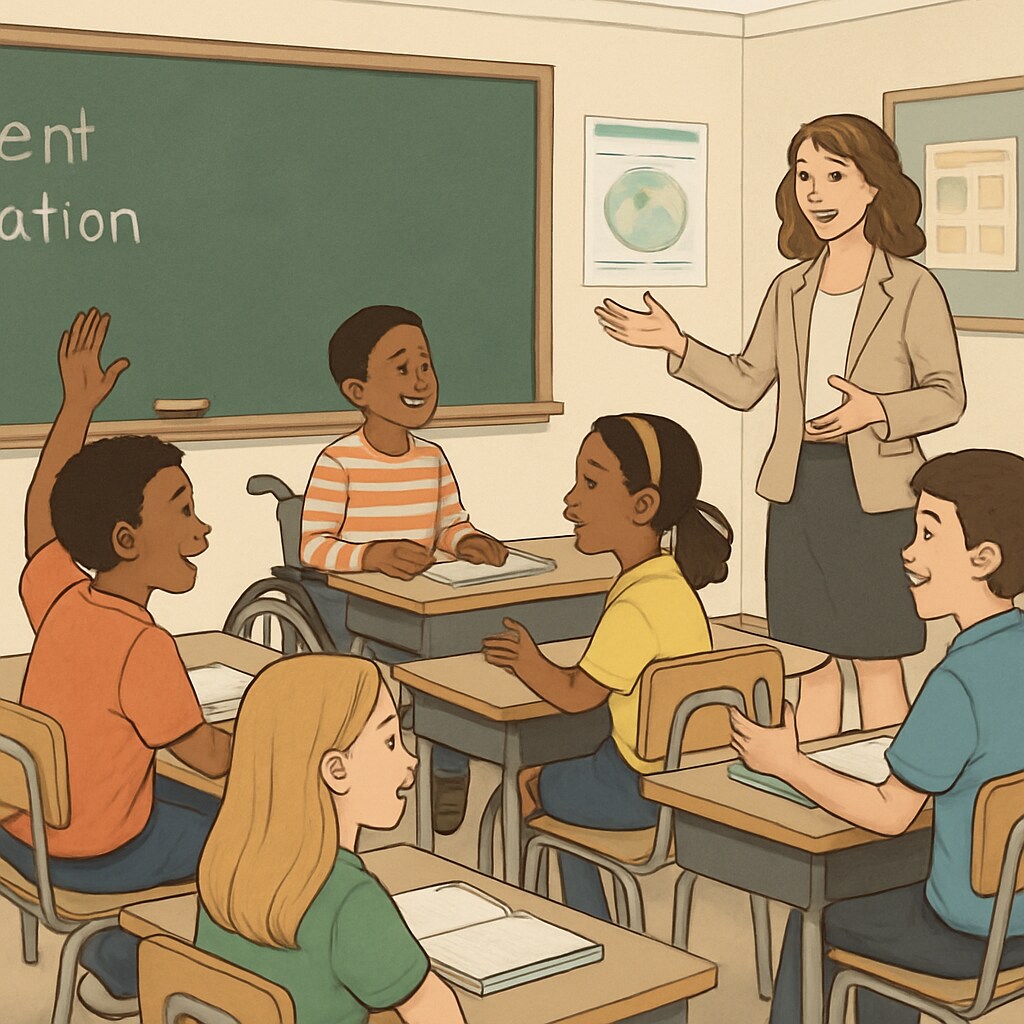Oklahoma’s recent move to implement a political stance test for out-of-state teacher applicants has raised concerns among educators and policymakers alike. While the state argues that this measure ensures alignment with its values, critics view it as an unnecessary intrusion into professional freedom and a potential threat to educational diversity. This article delves into the policy’s intent, possible implications, and the broader conversation about balancing educational purity with the rights of teachers.
What is the Political Stance Test in Oklahoma?
Oklahoma’s political stance test requires out-of-state teacher applicants to disclose their ideological beliefs as part of the hiring process. The test reportedly includes questions about political affiliations, social issues, and perspectives on controversial topics. While proponents argue that this ensures teachers align with community values, opponents claim it may exclude qualified educators based on their personal beliefs rather than professional skills.

Implications for Teacher Diversity and Education Quality
The introduction of this screening process has sparked widespread concern about its impact on teacher diversity and education quality. By potentially filtering candidates based on political beliefs, Oklahoma risks limiting the diversity of perspectives in classrooms, which is crucial for fostering critical thinking among students. Additionally, such measures may deter highly qualified candidates from applying, exacerbating the already existing teacher shortage in the state.
Some experts argue that education should remain apolitical to ensure a neutral learning environment for students. However, policies like this raise the question: Can education truly remain apolitical in a polarized society? For example, a similar debate occurred in academic freedom, where educators’ rights to express themselves freely were challenged by institutional policies.

Balancing Educational Integrity with Professional Freedom
Finding the balance between maintaining educational integrity and respecting teachers’ professional freedom is no easy task. On one hand, communities may want educators who reflect their values; on the other hand, restricting teachers’ ideological diversity could hinder the development of a well-rounded student body.
To address these concerns, policymakers might consider alternative approaches, such as focusing solely on professional qualifications and teaching experience. For example, many states prioritize teacher certification and subject expertise rather than ideological alignment. These measures ensure quality education without infringing on personal beliefs.
Additionally, fostering open dialogue between educators, parents, and policymakers can help create policies that support both educational goals and teacher rights. Transparency in policy-making and regular reviews of such measures can also alleviate concerns about bias and unfair exclusions.
Conclusion: A Path Forward
Oklahoma’s political stance test for teachers has opened a broader discussion about the intersection of education, politics, and professional freedom. While the policy’s intent may be rooted in aligning educators with community values, its potential to impact teacher diversity and education quality cannot be ignored. Moving forward, it is crucial for policymakers to weigh these factors carefully and consider alternative approaches that prioritize both educational integrity and teacher rights.
As the debate continues, the education community must advocate for policies that reflect inclusivity and professionalism, ensuring that classrooms remain spaces for learning rather than ideological conformity.


